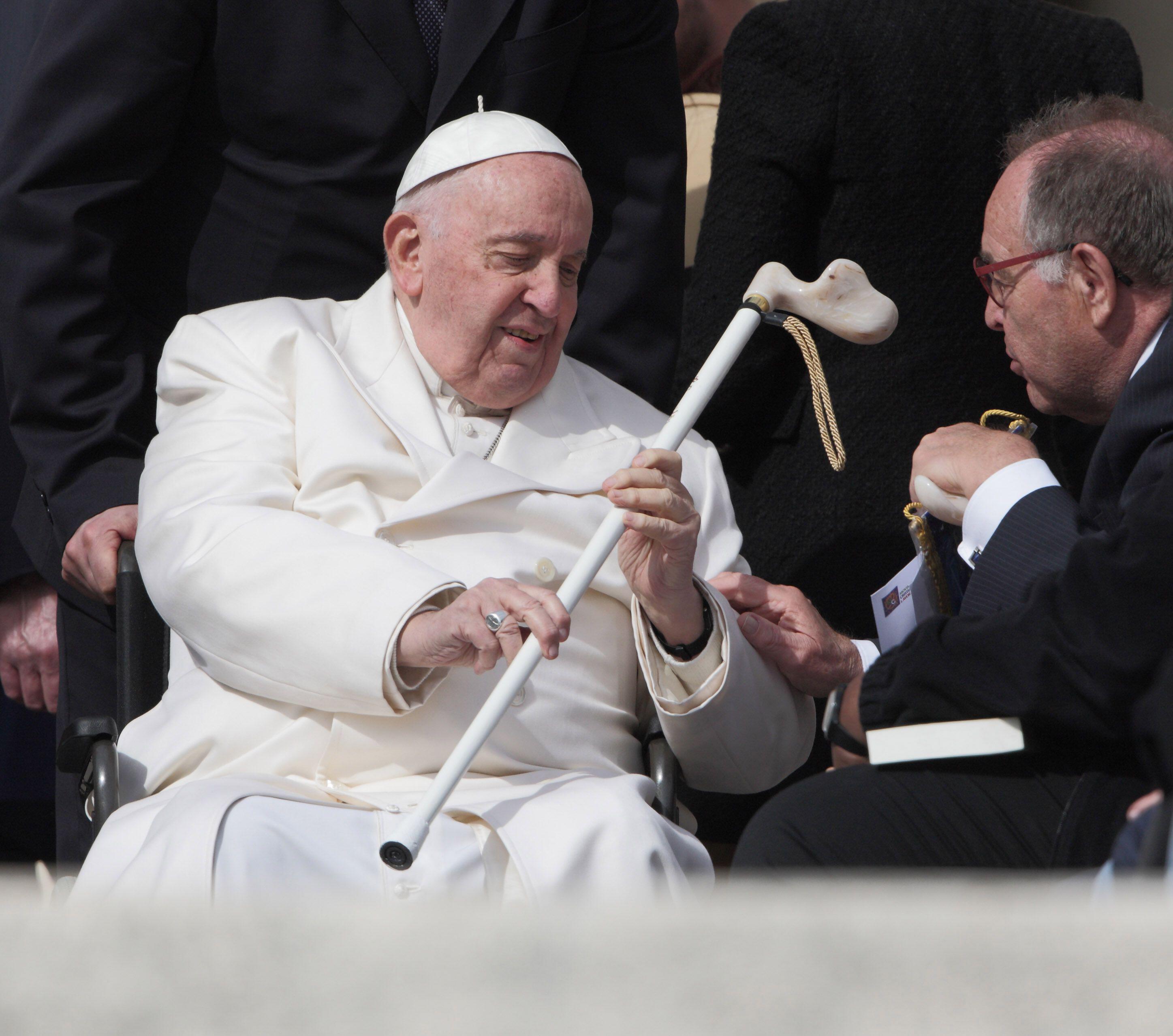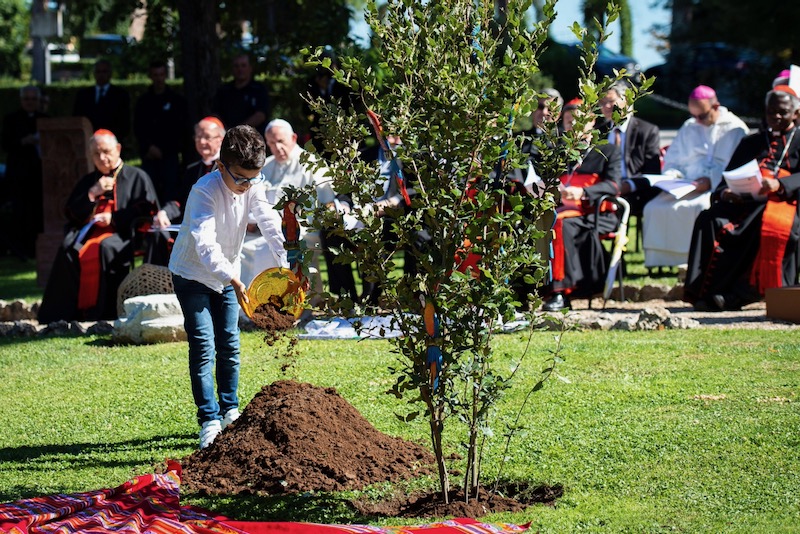The Vatican has repudiated the “doctrine of discovery”, a set of theories that supported the colonial-era takeover of indigenous lands, stating that it is not a teaching of the Catholic Church.
A landmark joint statement from two Holy See departments said that past papal documents “did not adequately reflect the equal dignity and rights of indigenous peoples” and that they were “manipulated for political purposes by competing colonial powers in order to justify immoral acts against indigenous peoples”.
Indigenous groups have long called for a formal rejection of the “doctrine of discovery”, with scholars arguing that Spanish and Portuguese monarchs used three fifteenth-century papal bulls to justify taking over lands in north and south America and in Africa.
It is a story dramatically brought to light in Roland Joffe’s 1986 film, The Mission.
“In no uncertain terms, the Church’s magisterium upholds the respect due to every human being,” the 30 March statement said.
“The Catholic Church therefore repudiates those concepts that fail to recognise the inherent human rights of indigenous peoples, including what has become known as the legal and political ‘doctrine of discovery’.”
The Vatican pointed out that numerous statements from the Church and the popes “uphold the rights of indigenous peoples” and date back to Pope Paul III’s 1537 Bull Sublimis Deus, while “acts of violence, oppression, social injustice and slavery”, including those against indigenous, have been consistently condemned.
Nevertheless, the statement said, “respect for the facts of history demands an acknowledgement of the human weakness and failings” and that “many Christians have committed evil acts against indigenous peoples for which recent popes have asked forgiveness on numerous occasions”.
It added: “The ‘doctrine of discovery’ is not part of the teaching of the Catholic Church.”
Throughout his pontificate, Pope Francis has made listening to indigenous people a priority, and in 2019 convened a synod on the Amazon region where the suffering and plight of the indigenous was a central theme.
Last summer, he travelled to Canada and apologised for the Church’s involvement in a residential school system where indigenous children were forcibly removed from their families. He later described this as a “genocide.”
The Vatican has in the past repeatedly stated that the three bulls cited to support the discovery doctrine (Dum diversas in 1452, Romanus pontifex in 1455 and Inter caetera in 1493) have all been abrogated, and that while it is termed a “doctrine” the theory was never a theological concept but a legal one.
“This important text, coming eight months after Pope Francis' penitential journey to Canada, clearly reaffirms the Catholic Church's rejection of the colonising mentality,” Vatican News said.
Cardinal José Tolentino de Mendonça, one of the authors of the latest statement, said it “is part of what we might call the architecture of reconciliation and also the product of the art of reconciliation”.
He added: “It is in listening to indigenous peoples that the Church is learning to understand their sufferings, past and present and our own failings.”
Following the release of the declaration the bishops of both Canada and the United States welcomed the note as another milestone in improving the Church’s relations with indigenous communities.



 Loading ...
Loading ...